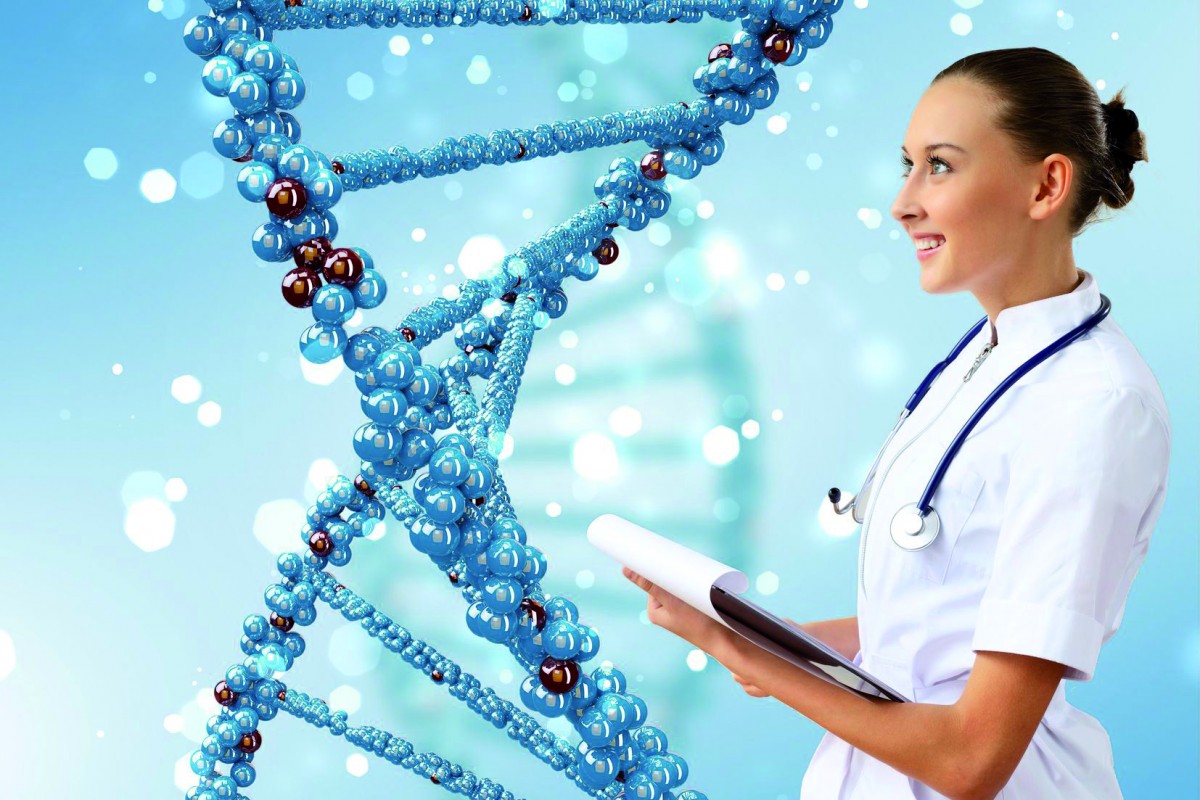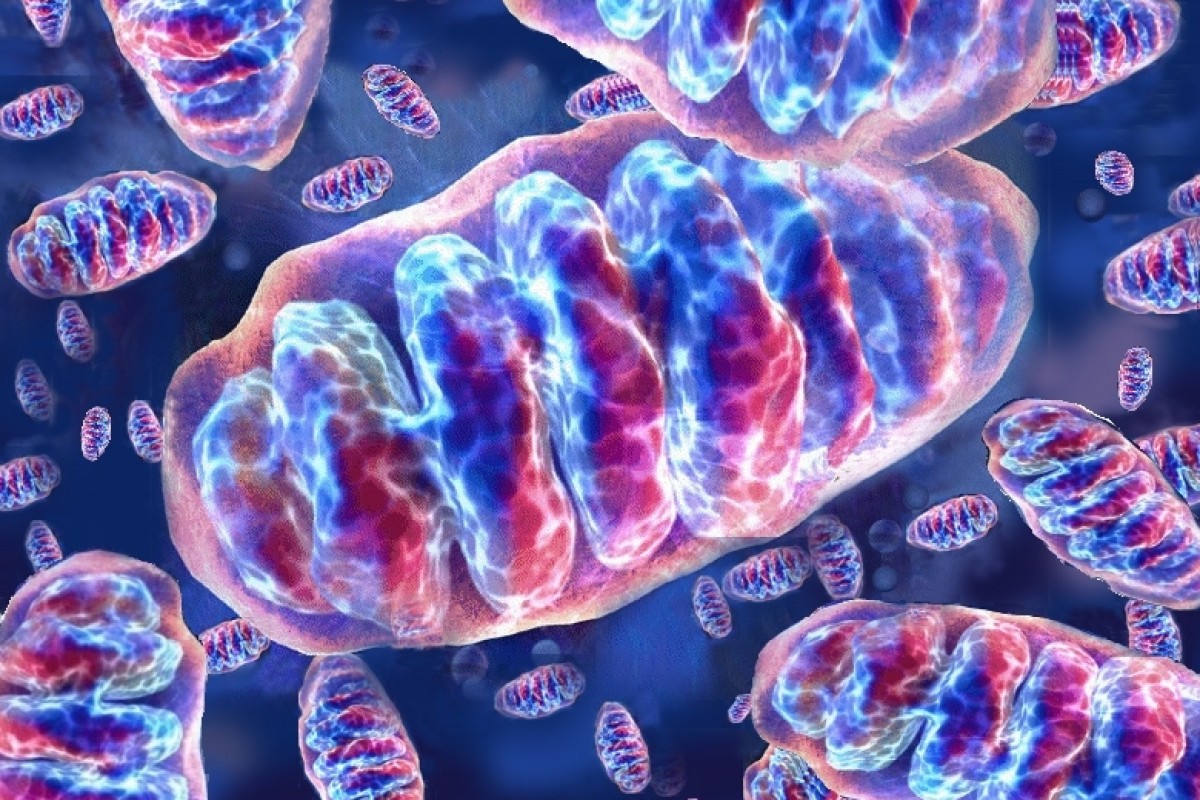
Nutrigenetica la cura della salute e della bellezza
Al giorno d’oggi, la salute, non è semplicemente assenza di malattie, ma è sempre più intesa come il “benessere” della persona a 360 gradi. Essere in salute significa sentirsi bene e questo si riflette sempre di più nella totalità del proprio corpo, anche esteriore.
La capacità di un viso di fronteggiare con successo il trascorrere del tempo e riuscire a rinnovarsi e mantenersi giovane più a lungo è dovuto anche agli effetti di una corretta o sbagliata alimentazione.
Che la nutrizione sia importante è cosa nota da moltissimo tempo. Fu il padre della medicina, il greco Ippocrate di Kos nel 460 a.c., a dire: “fa che il cibo sia la tua medicina e la medicina il tuo cibo” e la storia da allora ha sempre e solo confermato il suo insegnamento.
D’altro canto, è attraverso la nutrizione che l’organismo riceve tutto ciò di cui necessita per crescere, rinnovarsi, curarsi da affanni e malattie e affrontare gli attacchi dell’ambiente che lo circonda.
Una cattiva nutrizione rende l’organismo più debole e gli effetti si ripercuotono sulla persona a tutti i livelli, sia fisiologici che psicologici.
Ma cosa significa corretta alimentazione?
Una corretta alimentazione pone le sue basi sul cosa mangiare. Fino ad oggi i suggerimenti alimentari erano basati su dati generali per la popolazione, su medie, e mai sul singolo individuo. I suggerimenti, in altre parole, erano generici ed uguali per tutti.
Ogni persona è però diversa l’una dall’altra. Queste differenze sono costituite dal DNA, che resta uguale dalla nascita alla morte, e dalla “componente ambientale” che è invece modificabile e di cui l’alimentazione è uno dei fattori più importanti.
I recenti progressi nel campo della genetica e dello studio del DNA stanno fornendo informazioni sempre più dettagliate sulla componente genetica, sull’interazione tra il DNA e alimentazione e su come ognuno di noi reagisce in modo diverso ad uno specifico nutriente.
La Nutrigenetica, ovvero la scienza che studia l’interazione tra DNA e alimentazione, permette oggi di capire quali siano gli alimenti da privilegiare o evitare nella propria alimentazione oppure quale stile di vita sia meglio condurre. Tutto questo per restare in salute più a lungo prevenendo patologie e disturbi.
Ed è di Bologna il primo laboratorio europeo specializzato proprio in nutrigenetica. Dal 2006, NGB Genetics, grazie al test del DNA GENODIET® System permette ai professionisti di personalizzare il loro approccio nutrizionale e di prevenzione per i loro pazienti.
Alcuni esempi? Poter stabilire se il proprio paziente sia più sensibile ai grassi piuttosto che ai carboidrati permette di definire un piano alimentare più corretto. Oppure, sapere se a causa di una variante del gene MTHFR, si avranno livelli ematici più alti di omocisteina. Tutto questo serve? Certamente! Perché questa predisposizione è facilmente corretta da un adeguato apporto di Folati nella dieta.
Se la capacità antiossidante è ridotta, ad esempio, è possibile formulare una dieta più ricca di antiossidanti o una integrazione più specifica.
O ancora: talvolta su alcune persone integratori comuni come gli omega3 e 6 hanno l’effetto opposto per il quale sono comunemente usati, e questo proprio a causa della loro genetica.
“GENODIET® System – spiega Matteo Ercolin , resposabile qualità di NGB Genetics – è molto più di un semplice test del DNA ed include la Mappa Idoneità Alimentari® che unisce genetica e anamnesi per indicare gli alimenti più o meno idonei per il soggetto, un software per l’elaborazione dietetica integrato con il dato genetico ed un percorso di formazione continua.”
NGB Genetics è anche uno Spin Off dell’Università di Ferrara ed esporta i suoi servizi di analisi anche in Brasile, Polonia, India ed Inghilterra: un esempio di come anche in Italia ci siano eccellenze in settori di altissimo livello come l’health care.
In today’s world, healthcare is viewed not only as absence of disease but, more and more, as a “total welfare” of the individual. To be in a good health means to feel well in the wholeness both of the internal and external body.
The face’s ability to deal with the ravages of time successfully and to manage to stay young and fresh longer, is clearly connected to the effects of a correct diet.
The importance of nutrition has been well known for a long time. It was the Greek father of medicine, Hippocrates of Kos, who said in 460 BC: “Let food be thy medicine and medicine be thy food”. Since then, history has confirmed his teachings.
There is no doubt that that the body receives what it needs to grow, to be renewed, to fight pains and illnesses and combat the attacks of the environment through nutrition.
An incorrect diet makes the body weaker which affects a person at every level, both physiologically and psychologically.
What does a “proper diet” mean? A correct diet is based on what we should eat. Until today, dietary advice was based on general data for the whole population, and on averages. It was never focused on the individual. The advice, in other words, was generic and the same for everybody.
However, every person is different from the other. These differences derive from the DNA that remains the same from our birth to our death, and from the “environmental component” that is modifiable and on which diet can intervene.
Recent progress in the field of genetics and in the study of DNA, are giving more and more detailed information on the genetic component, on the interaction between DNA and diet and on how everybody reacts in a different way to a nutrients.
Nutrigenetics, that is the science that studies the interaction between DNA and food, allows us to understand today, what foods are good for our body and what foods are bad for us, and what is the best lifestyle to lead in order to remain in good health for longer with the prevention of disturbance and pathologic conditions.
The first European laboratory specialized in Nutrigenetics has been established in Bologna. Since 2006, NGB Genetics, through the use of GENODIET® System, has let professionals personalize their approach to patients’ nutrition and the prevention of illness. Being able to understand whether a patient is more sensitive to fats or to carbohydrates, allows us to design a more correct dietary plan. Moreover, we can find out if there are higher levels of homocysteine in the bloodstream because of a variant of the gene MTHFR.
Is all this useful? Certainly it is!! For this situation can be easily corrected by certain actions which include a sufficient introduction of foliates into the diet. Or to give another example: sometimes common food supplements like Omega 3 or 6 have on certain people with a specific genetic makeup, the opposite effect to the one they would normally have. “GENODIET® System – says Matteo Ercolin, Quality Manager of NGB Genetics – is much more than a simple DNA test because it includes the “Map of Fitness Foods” which joins together genetics and the “environmental component” in order to obtain a list of the best foods for every specific person. It also includes software which is able to use genetic data to keep track of the healthy food the patient eats, and their calorie intake.
NGB Genetics is a Spin Off of the University of Ferrara and sells its DNA testing services in Brazil, Poland, India and the UK, an example of how we can find excellent practices in Italy in a primary sector like health care.









